14 Harmful Houseplants That Could Send Your Pet to the Vet
Houseplants add beauty to your home, but also pose hidden dangers to your furry companions. Some popular plants are highly dangerous for pets and can lead to serious health issues if ingested. Here are a few houseplants to be aware of.
Sago Palm

Credit: Getty Images
The Sago Palm’s seeds pack a powerful toxin that can result in severe liver failure in pets. Even a small amount leads to stomach upset, diarrhoea, dehydration, and even seizures. If ingested, this plant is often fatal.
Azalea
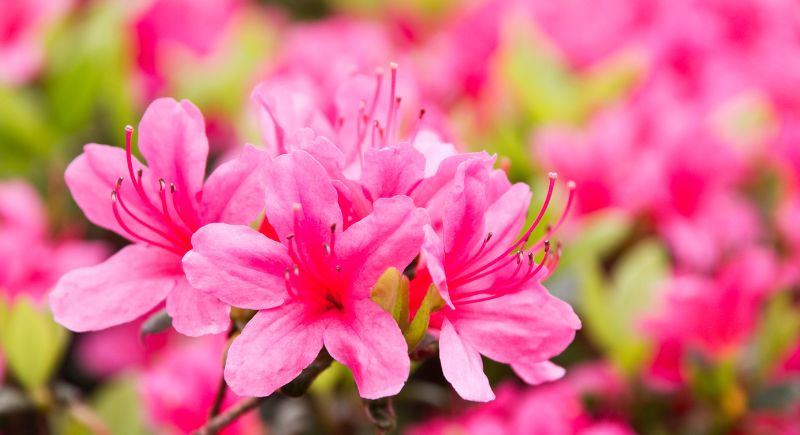
Credit: Getty Images
Azaleas are beautiful shrubs that can lead to severe digestive upset in pets. Ingesting even a small amount can lead to drooling, vomiting, and diarrhea. In more serious cases, azalea poisoning can result in cardiac issues and even coma.
Oleander
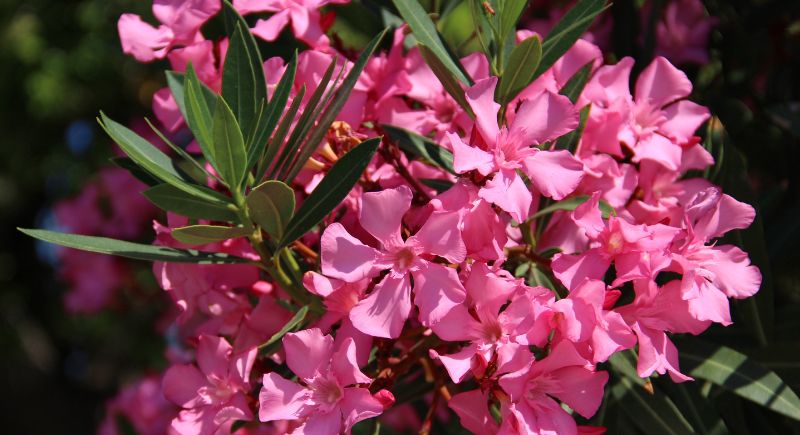
Credit: Getty Images
Oleander is often used as a hedge or decorative plant. As lovely as it appears, it’s unsafe in all parts. The plant carries cardiac glycosides, which can trigger irregular heartbeats, gastrointestinal irritation, and even worse. This plant’s high toxicity level makes it a serious risk.
Cyclamen
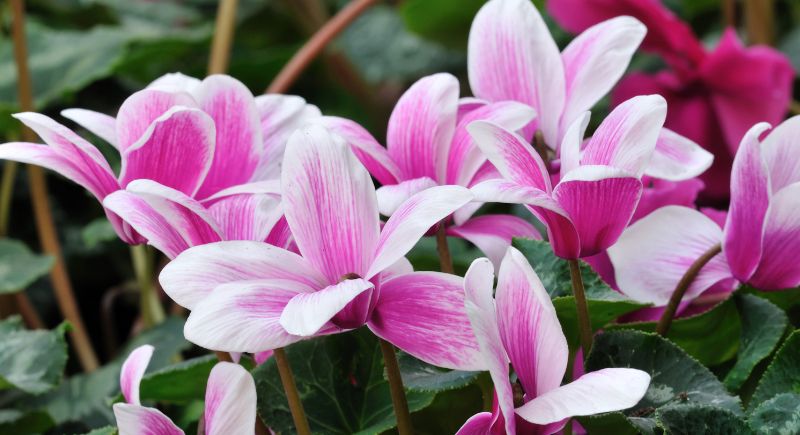
Credit: Getty Images
Cyclamen plants have roots that contain toxins, which can result in significant stomach issues like vomiting and abdominal pain. But wait, it gets worse—chewing on these flowers or leaves could even lead to seizures or heart problems in pets.
Castor Bean
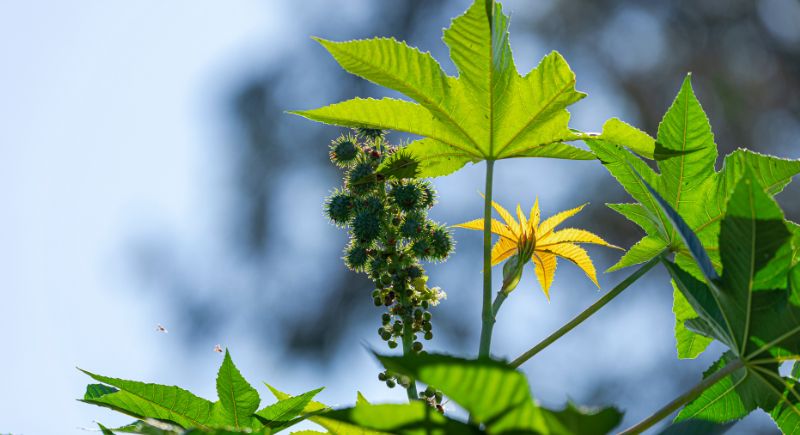
Credit: Getty Images
You’ve probably heard of the Castor Bean plant, but did you know it carries ricin, one of the most harmful toxins on the planet? Even small amounts ingested can lead to nausea and diarrhea. As if that weren’t bad enough, large doses result in muscle tremors, dehydration, and in extreme cases, organ failure.
Kalanchoe
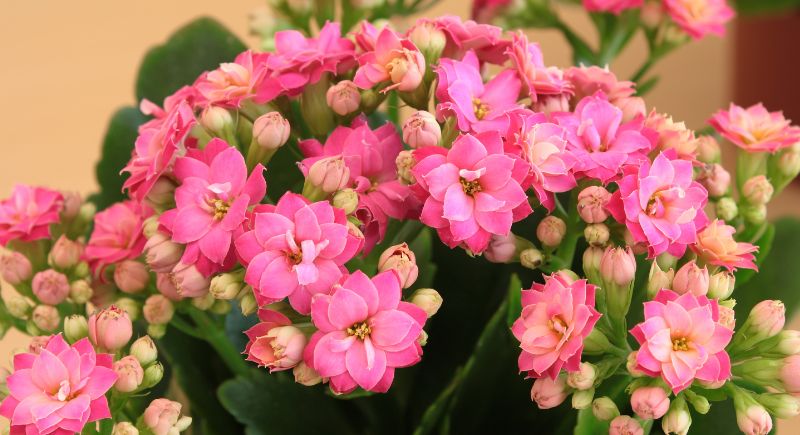
Credit: Getty Images
Although succulents are generally considered safe, this trendy succulent is an exception. Kalanchoe has compounds that, if pets eat a large enough amount, could end up with severe heart problems like arrhythmias.
Tulip Bulbs
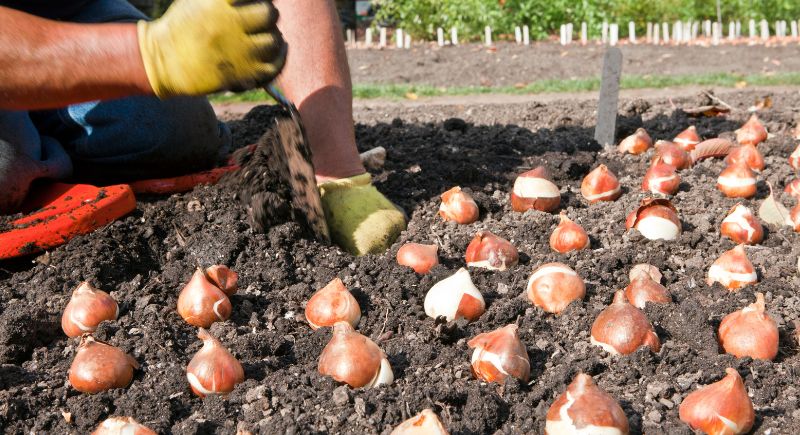
Credit: Getty Images
Tulip bulbs are famously dangerous for animals, especially cats. If your furry friend digs into the soil and eats one of these bulbs, they might suffer from intense stomach upset. While tulip flowers aren’t dangerous, the bulbs are packed with harmful compounds that can make your pet feel pretty miserable.
Peace Lily
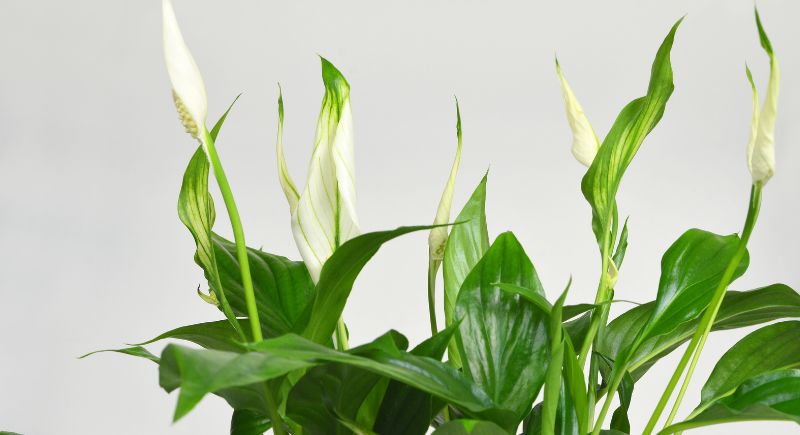
Credit: Getty Images
Peace Lilies are not the best plants for pet owners. Calcium oxalate crystals can irritate your pet’s mouth and throat, causing drooling, swelling, and difficulty swallowing. These plants are better admired from a distance.
Chrysanthemum
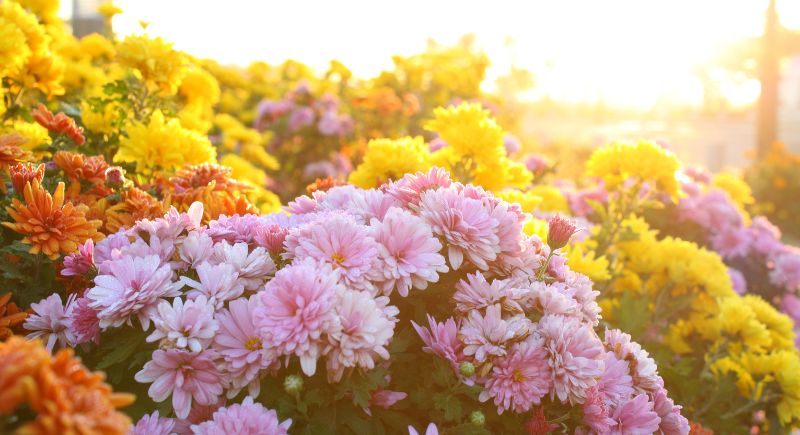
Credit: Getty Images
Chrysanthemums are classic flowers that can add color to your garden, but contain pyrethrins. In severe cases, pets might experience muscle tremors, lack of coordination, or depression. While the symptoms are rarely fatal, they can make your pet feel unwell.
Yew
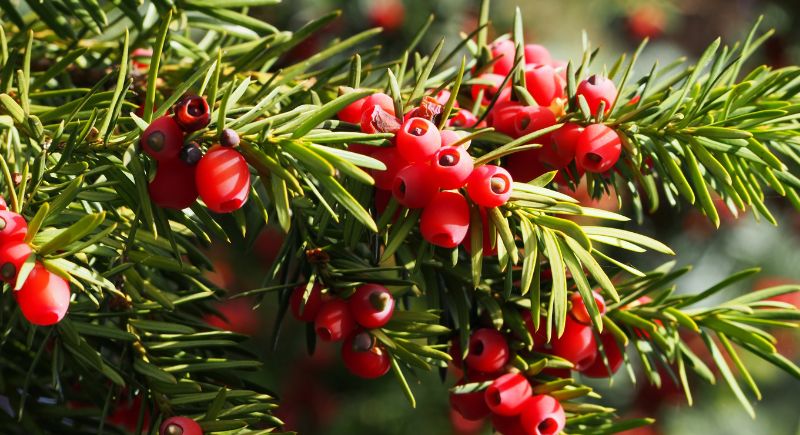
Credit: Canva
The leaves and seeds of yew plants hide a poison called taxine, which can mess with the heart and nervous system. This plant is hazardous—its effects are so quick that organ failure can occur within hours.
Amaryllis
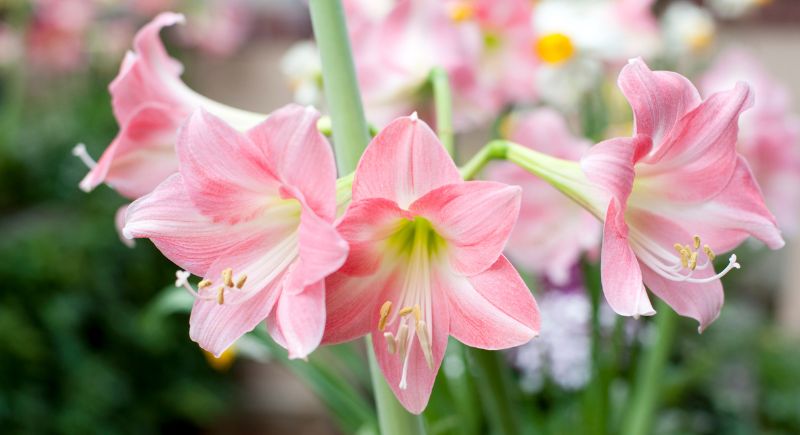
Credit: Getty Images
While Amaryllis plants are stunning in your home, they’re not worth the risk if you have curious pets who might decide to nibble. It comes with hidden risks, particularly lycorine, a toxin that can bring on nausea, loose stools, and cramping if ingested.
Autumn Crocus
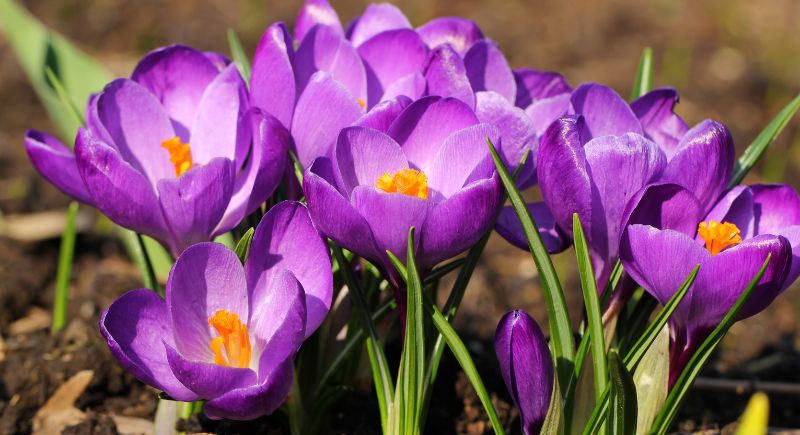
Credit: Getty Images
Autumn Crocus is a gorgeous flower with a shocking secret—it contains colchicine, a toxin that can wreak havoc on your pet’s gastrointestinal system. This plant also induces shock, organ damage, and bone marrow suppression.
Pothos
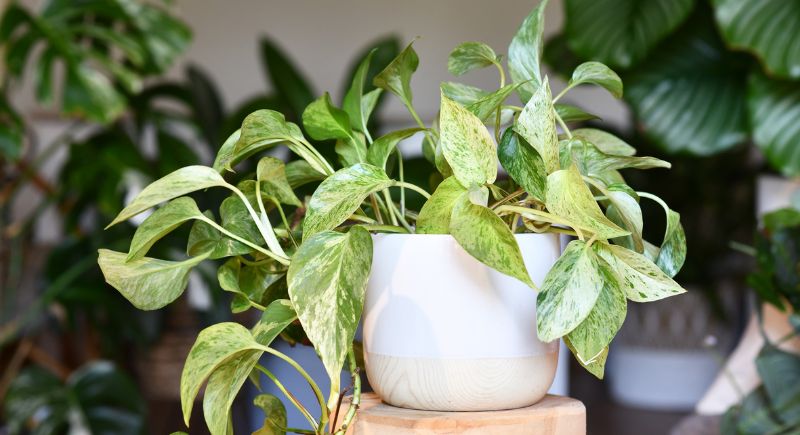
Credit: Canva
Plant lovers love pothos because it is easy to care for. Unfortunately, the plant is a nightmare for the furry ones. It has calcium oxalate crystals that produce intense irritation in the mouth and digestive system. If your pet chews on Pothos, they may experience drooling, vomiting, and trouble swallowing.
Dieffenbachia
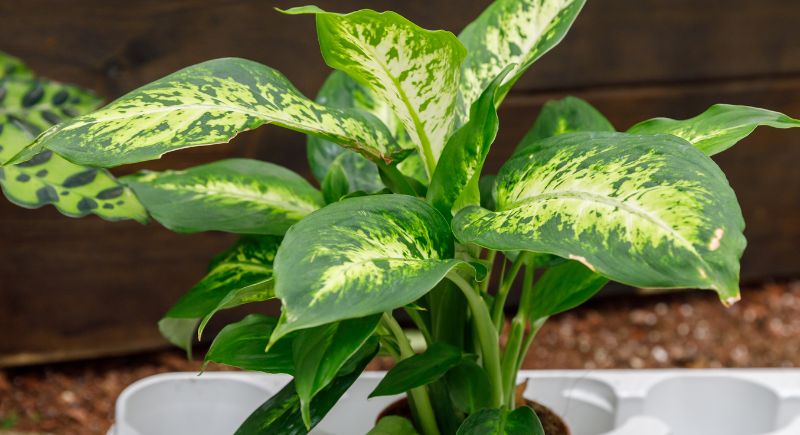
Credit: Getty Images
If your pet chews on Dieffenbachia leaves, it may suffer from immediate irritation in the mouth, throat, and digestive tract. The plant’s toxins can also cause nausea, vomiting, and other uncomfortable symptoms.
Foxglove
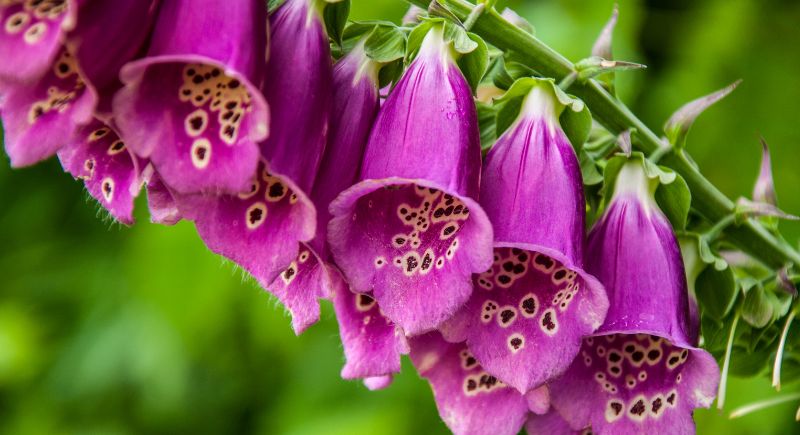
Credit: Getty Images
Foxglove is another plant that looks lovely in the garden, but is packed with toxins that are harmful to your pets. The compounds in this plant can affect the heart, causing symptoms like abnormal heart rhythms. In severe cases, ingesting Foxglove can lead to cardiac arrest.